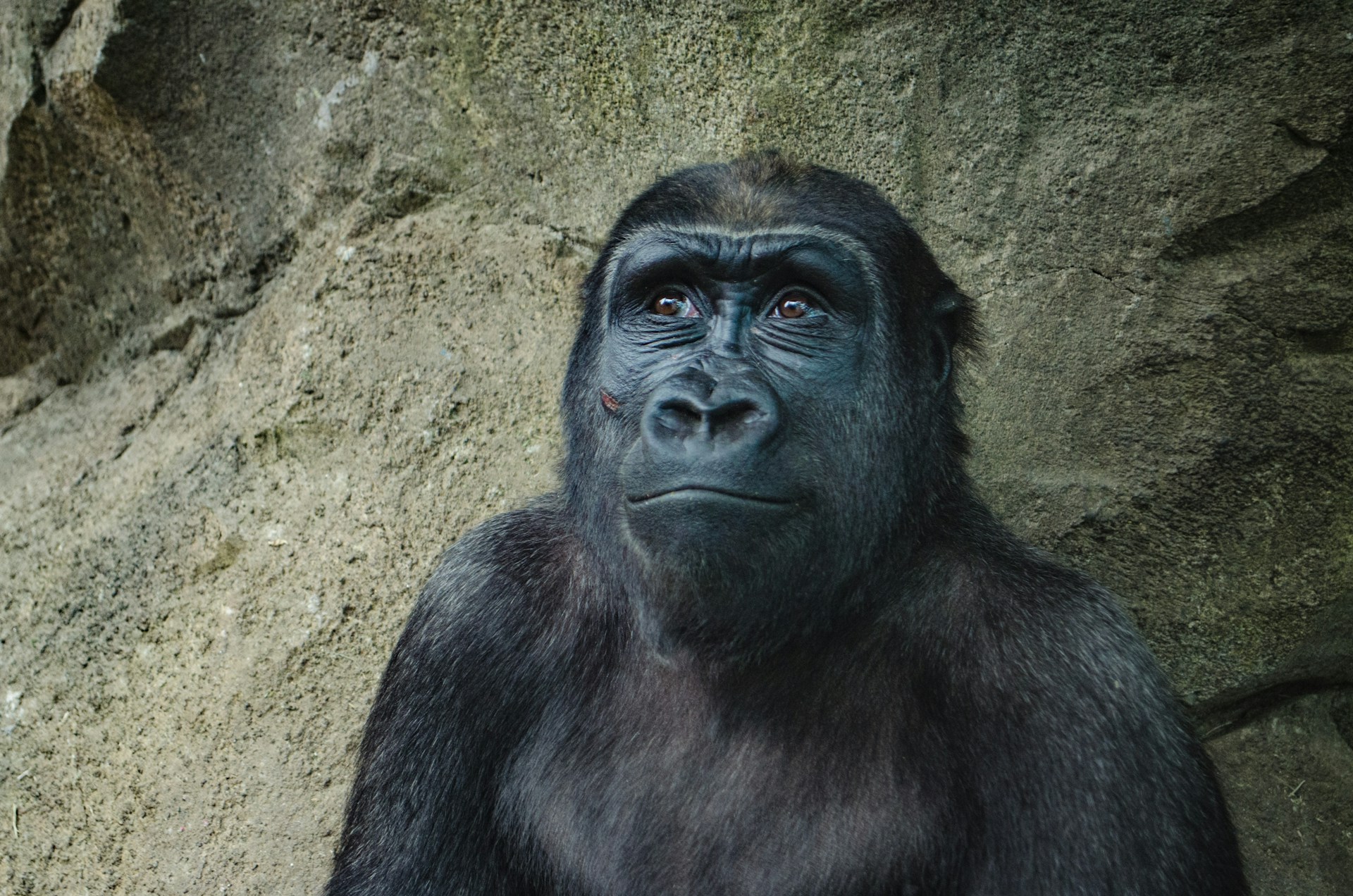Longer articles, bigger topics.
Experiments in content creation and search engine ranking.
Some of these articles were written at various times for clients. I wrote a few of them just because I’m interested in the topic. Yeah… hard to distinguish the scope of the work when you compare them with a few of my longer blog posts. But that’s the point. As a content creator, I’m constantly testing how search engines behave. Thus, this page is part of a larger experiment that’s part of my ongoing work. This page is designed to test several things.
First, there’s quite a bit of chatter about how search engine algorithms (Google, Bing, in particular) rank sites. Between “blog posts” and “pages,” which earns more weighting? Are there any detectable differences in weighting? What about duplicated content? As long as you maintain authorship, can you post a blog then post it elsewhere – on your site? On someone else’s site?
Second, there’s some chatter about the number of acceptable links per page. I believe that the spider algorithms allow a ratio of 75-100 words per link. Some say it’s less. Does it matter if the links are woven into “new” text or can you take a “digest” approach? If the digest approach is acceptable, how much of the posted article can you use for the link?
Third, ever since Google launched semantic algorithms there’s been a debate over word count. Is it 300 per page or 500? Do you have to actually write 300-500 words for every page, or (as many believe) is the word count cumulative? If the “word count index” is cumulative, what happens if you push the number to more like 1,000 words per page (as I am doing now).
Questions, questions, questions. And really, the only way to get answers is to find out for yourself.
Mixing Public Policy with Science
How can scientific discovery change public policy? Sometimes the simplest discovery can overturn deeply rooted convictions, reverse political direction, and even force changes in constitutions. But the job requires as much patience as it does systematic ingenuity. Several UCI scientists discuss their frustrations and their successes when working to serve the public good.




